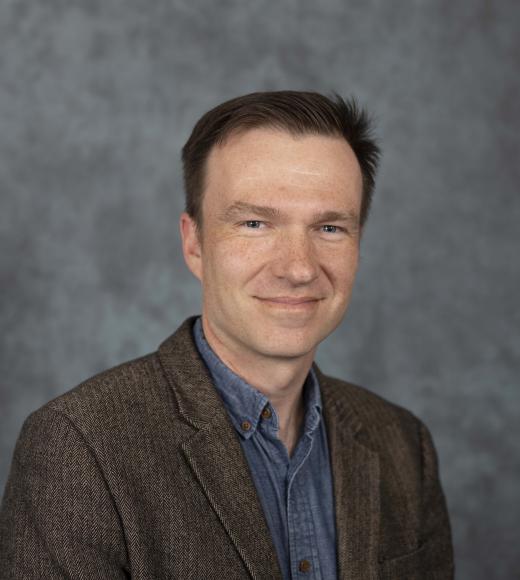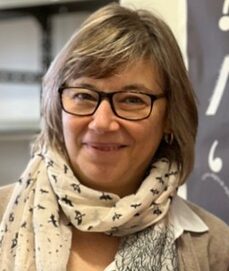 Robert Newcomb
Robert Newcomb
Professor of Luso-Brazilian Studies and affiliated faculty in Comparative Literature and Critical Theory at the University of California, Davis. A specialist in comparative Luso-Hispanic and Iberian literary studies, he is director of the UC Iberian Studies Consortium and author of the books Nossa and Nuestra América: Inter-American Dialogues (Purdue, 2011), and Iberianism and Crisis: Spain and Portugal at the Turn of the Twentieth Century (Toronto, 2018). He is co-editor of the volumes Beyond Tordesillas: New Approaches to Comparative Luso-Hispanic Studies (Ohio State, 2017) and Transatlantic Studies: Latin America, Iberia, and Africa (Liverpool, 2019), and translator of Alfredo Bosi’s Brazil and the Dialectic of Colonization (Illinois, 2015). His current projects are the books Writing Out of Place: Dislocation and Transnational Lusophone Literature and In the Shadow of the Rock: Writing Gibraltar into the World
 Conceição Meireles Pereira
Conceição Meireles Pereira
Professor at the Department of History, Political, and International Studies of the Faculty of Arts of the University of Porto. Researcher at CITCEM. Her research focuses on Contemporary History, particularly in culture, politics, and society. Her Ph.D., in 1996, was on The Iberian Question. Press and Opinion (1850-1870) initiated a series of studies on the Luso-Spanish relationship in the 19th and 20th centuries, focusing on matters of identity, cooperation, thought, and representations.
 Cristina Martins
Cristina Martins
Associate Professor at the Faculty of Arts and Humanities of the University of Coimbra (UC), where she completed her PhD in Applied Linguistics (2004) with the thesis Languages in Contact: "knowing about" what makes them different. Analysis of metalinguistic competences of Mirandese schoolchildren. Her research interests range from the acquisition and teaching of Portuguese as a non-native language, bilingualism and language contact, to neuropsychological assessment. She coordinates the Portuguese in Contact group of theResearch Centre for General and Applied Linguistics (CELGA-ILTEC), and a number of digital resources development projects, namely the PEAPL2 learners’ corpora (subcorpus Portuguese as a Foreign Language, subcorpus East Timor and subcorpus Guinea-Bissau) and Portuguese as a Foreign language online courses (levels A1 to C1).She is the coordinator of the UC teams in the E-LENGUA, XCELING and INCLUDEED international projects led by the University of Salamanca. She has also been actively engaged in the standardization and codification efforts of the Mirandese language.